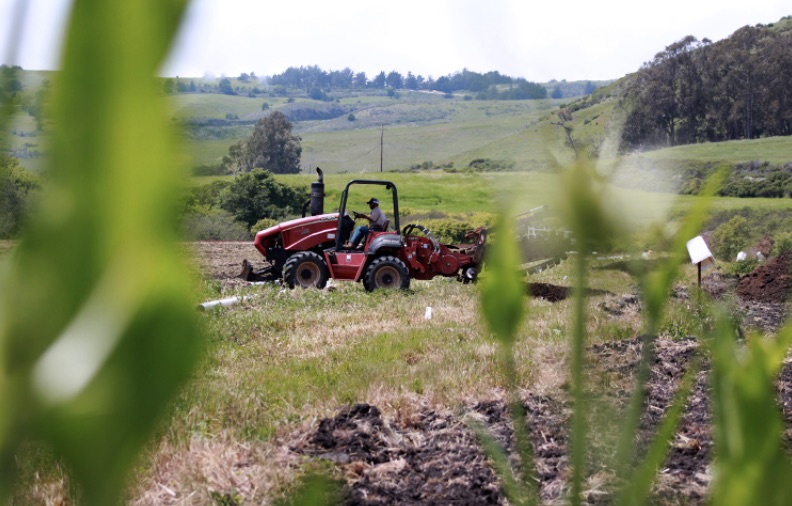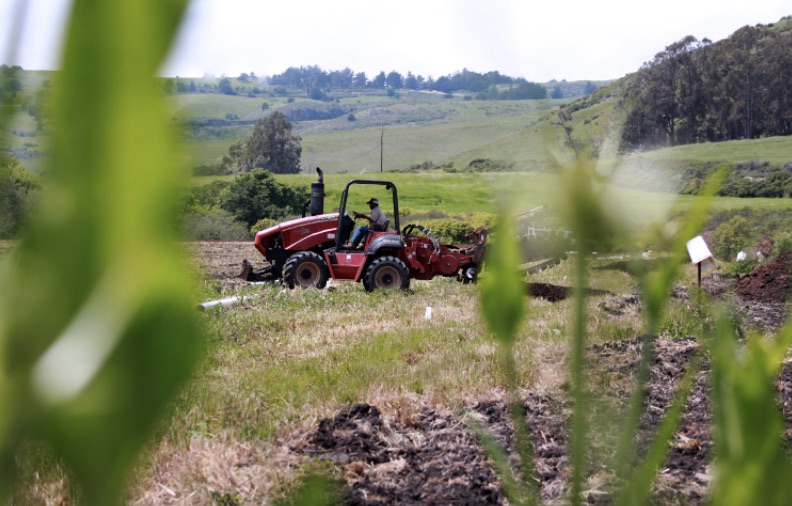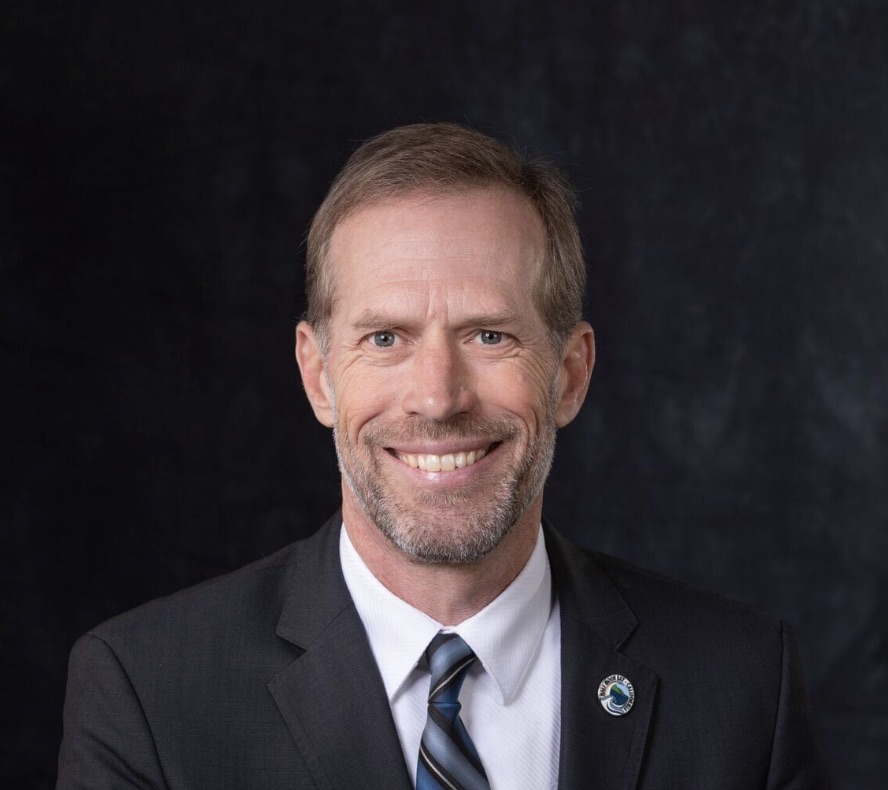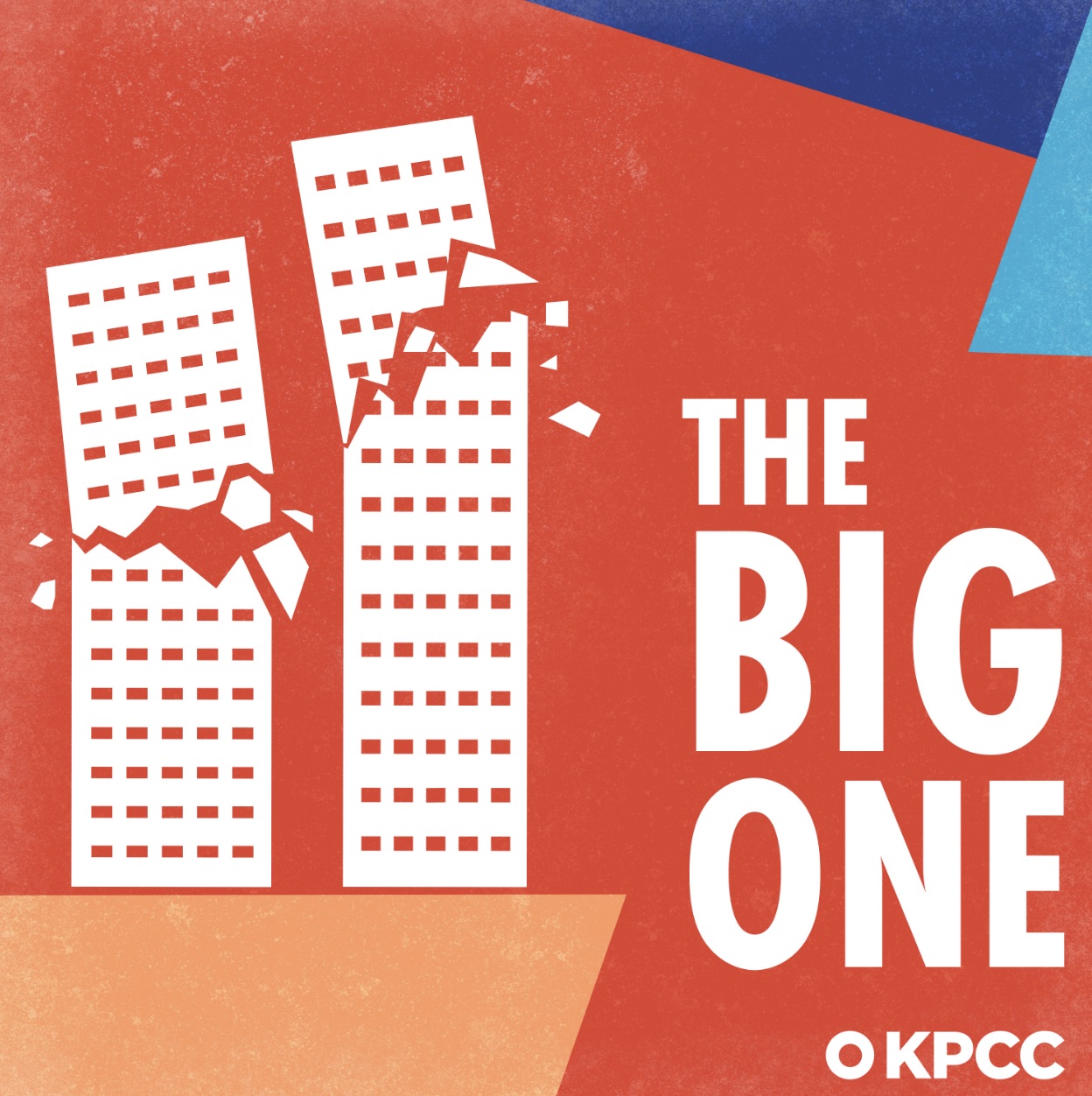|
Getting your Trinity Audio player ready...
|
VIDEO. From the City of Half Moon Bay Council meeting on Tuesday, May 3rd, 2020 at 7:00pm by Zoom.
Staff Recommendation: Receive a presentation on carbon farming and climate change, at Mayor Ruddock’s request.
Kellyx Nelson, Director of the San Mateo County Resource Conservation District (RCD) (“Helping People Help the Land”) presents.
From the Half Moon Bay City Council Staff Report for 5/3/22
DISCUSSION:
Adria Arko has worked with the San Mateo RCD since 2015, and currently serves dual roles as Climate and Agriculture Programs Manager and San Mateo County Agricultural Ombudsman. As Program Manager, she manages the Carbon Farming, Waste Reduction, and Urban Farming Programs. As the Agricultural Ombudsman, she serves as a liaison between agricultural producers and County officials, helping farmers and ranchers navigate County permitting and assisting the County with improving its agricultural permitting process.
Adria holds a bachelor’s degree in Environmental Studies from Pitzer College and a master’s degree in Public Policy from Cal Poly San Luis Obispo. Adria has been involved in food systems work in California since 2009. In 2021 she was awarded Greenbelt Alliance’s Hidden Hero Award for Nature Based Solutions for her work incorporating working lands into San Mateo County’s Community Climate Action Plan.
Kellyx Nelson is passionate about public service and building strong alliances to tackle thorny challenges. She has spent nearly 30 years in non-profits, government, and the private sector developing, implementing, and assessing programs and partnerships for environmental benefit and other public good. She has served as the Executive Director of the Resource Conservation District since 2006.
Her diverse career has included 14 years as an environmental educator for underserved communities in New York and San Francisco, driving a Freightliner cross-country as a long-haul trucker, delivering packages as a motorcycle messenger, and managing conservation projects for a local land trust. She has an undergraduate degree from Columbia University in Political Science and Environmental Science and a master’s degree in Public Policy from UC Berkeley. Under her direction the RCD has achieved distinction, receiving the 2017 Silicon Valley Water Conservation Award, 2016 Sustainability Award from Sustainable San Mateo County, 2012 District of the Year from the California Association of RCDs and more. In 2015, Kellyx was inducted into the San Mateo County Women’s Hall of Fame in recognition of her contributions to the overall well-being of the County.
RCD Carbon Farming
Carbon farming takes carbon from the atmosphere where it’s a harmful greenhouse gas and puts it into plants and soil where it’s helpful. Farmers act as climate heroes by reviving centuries-old techniques to improve soil health, reduce erosion, save water, and enhance wildlife habitat while increasing the productivity and resilience of their lands. For over 80 years, the RCD has worked with local producers to provide the comprehensive, on-the-ground support that they need. Together, we are reversing climate change while nourishing the lands and people of San Mateo and beyond.
How does it work?
Although agriculture has been singled out as a significant greenhouse gas contributor, the good news is that its climate impacts depend largely on how it is done.
Through photosynthesis, plants remove carbon from the air and store it in their leaves, stems, and roots, which then help enrich the soil. As plants die and decompose, this carbon can either stay in the soil or be released back into the atmosphere. Carbon farming applies centuries-old agricultural solutions to the modern problem of excess carbon. Techniques such as windbreak and streamside plantings, rotational grazing, and manure and tillage management create healthier soils and help store carbon for a long time.
Healthier soils hold more water and are less susceptible to heat and drought. This reduces irrigation costs and local water demand. Managing plantings, grazing, tillage, and waste to store more carbon and nutrients can increase productivity, as well provide wildlife and pollinator habitats. By preventing erosion, and even catastrophic property loss, these practices also protect a farmer’s most precious asset: their land. Combined, these investments mean a more resilient farm, both now and in the face of future changes.
Carbon farming makes farms a part of the solution to too much carbon in the atmosphere and the abundance of carbon part of the solution to protecting farmland.
What is the RCD’s role?
The RCD can provide a broad array of services and resources to help you mean your goals related to carbon farming. Check out the tabs below to learn about how we may be able to serve you.
Together, we can make a plan. Carbon farming begins with understanding a landowner’s vision and their production and economic goals. A resource inventory helps identify ways to protect and enhance both land and water, while also capturing more carbon. A customized and flexible plan is then created to help the landowner respond to both environmental and economic changes as well as opportunities.
Based on the conservation planning approach of the USDA Natural Resources Conservation Service (NRCS), Carbon Farm Planning uses practices can directly benefit farms and ranches by improving:
- soil health
- water holding capacity
- crop and forage production
- resilience to climate change
They can benefit the environment by:
- increasing carbon sequestration
- reducing greenhouse gas emissions
- reducing demands on local water sources
- enhancing wildlife and pollinator habitat
The plans also consider the unique production and conservation goals for each farm or ranch, including economic considerations, and provides a customized approach that aims to help farmers and ranchers make their lands and their businesses more productive and resilient.
Carbon Farm Plans can be developed for natural and working lands including rangelands, forests, croplands and orchards.
We currently accept applications from producers that are interested in having the RCD develop them a carbon farm plan on a rolling basis.
To request a Conservation and Carbon Farm plan, contact adria@sanmateoRCD.org.
Partners:
- TomKat Ranch Educational Foundation
- USDA Natural Resources Conservation Service
- Carbon Cycle Institute
- Point Blue Conservation Science
Funders:
- USDA Natural Resources Conservation Service
- TomKat Ranch Educational Foundation
- Wildlife Conservation Board
- Coastal Conservancy
- Patagonia Foundation
- Landowners
- Silicon Valley Community Foundation
City Council of Half Moon Bay Meets ~ 1st and 3rd Tuesdays at 7:00pm

HMB City Council Agendas and Zoom Links
HMB City Calendar
The New Now ~ Virtual Remote Public Agency Meetings
- streamed live on Comcast Channel 27 and Pacific Coast TV website
- the City’s website online (via Granicus)
- and on Facebook Live
- one in English (City of Half Moon Bay FB Page)
- one in Spanish (City of Half Moon Bay Recreation FB Page)
- Recorded by Pacific Coast TV (PCTV)
Members or the public are welcome to submit comments (in accordance with the three-minute per speaker limit) via email
 ing – (650) 477-4963 (English) and (650) 445-3090 (Spanish).
ing – (650) 477-4963 (English) and (650) 445-3090 (Spanish).HMB City Council Agendas and Zoom Links
HMB City Calendar
Leave messages with the Clerk’s Department at 650-726-8250
-
-
Debbie Ruddock
Vice MayorPhone: 650-726 -
Joaquin Jimenez
Council MemberPhone: 650-726-8250 (leave message with Clerk’s office)
-
The City Council of Half Moon Bay
Half Moon Bay City Council Subcommittees
- CSFA Grant Selection
- Education
- Emergency Preparedness
- Finance
- Human Resources
- Legislative Affairs
- Mobility
- Redistricting
- Public Safety Sub-Committee







